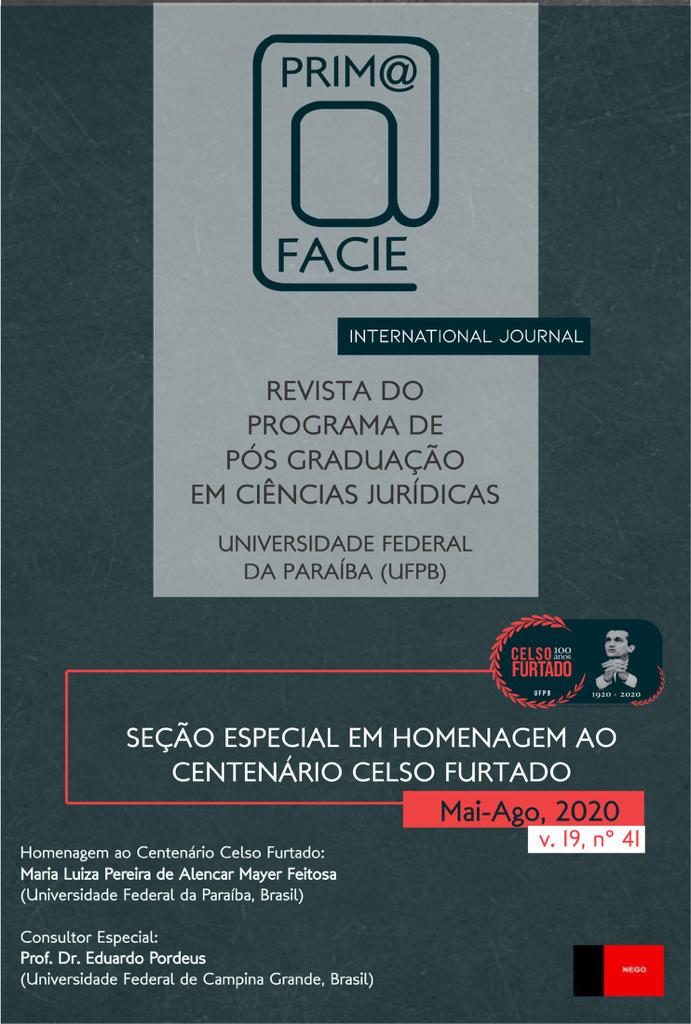Neopentecostals And The Punitive Power: Religion As A Political Statue
DOI:
https://doi.org/10.22478/ufpb.1678-2593.2020v19n41.51111Keywords:
Punitive populism. Neoliberalism. Religion. NeopentecostalsAbstract
The present work presents a fragment of a larger research, about the Brazilian legislative reforms after the 2000s, whose specific focus at this moment is the demonstration of the transformation of religious discourse into a political platform, especially in a conservative criminal political directive and that coincides with the punitive populist discourse. The central objective is to demonstrate how the heightening of punitive power and its exacerbation is linked in some way to a neo-Pentecostal religious agenda, in a perspective of using religious elements as an electoral agenda and also guiding political positions in the criminal field. The qualitative and quantitative methodology was used to demonstrate the advance of representativeness of neo-Pentecostalism in the National Congress, as well as parliamentary speeches to highlight the punitive populist narrative. It is believed with this study to be able to contribute to the understanding of the phenomenon of the advancement of penal structures in Brazil, especially in terms of alternative political and criminal agendas to institutional violence.


